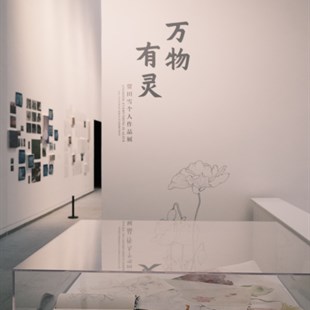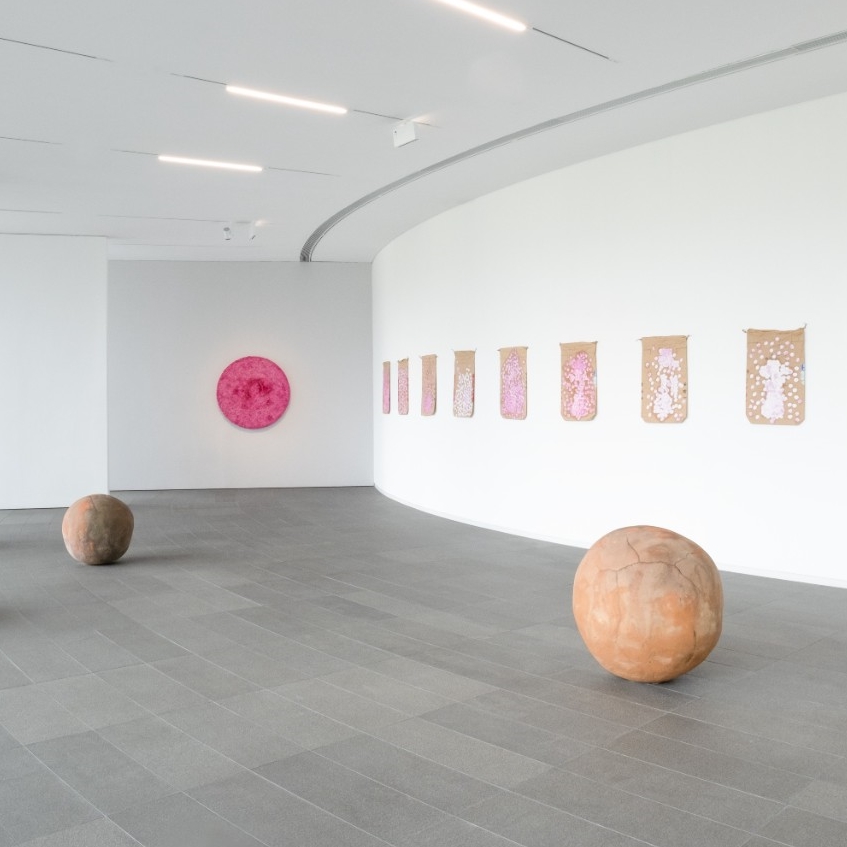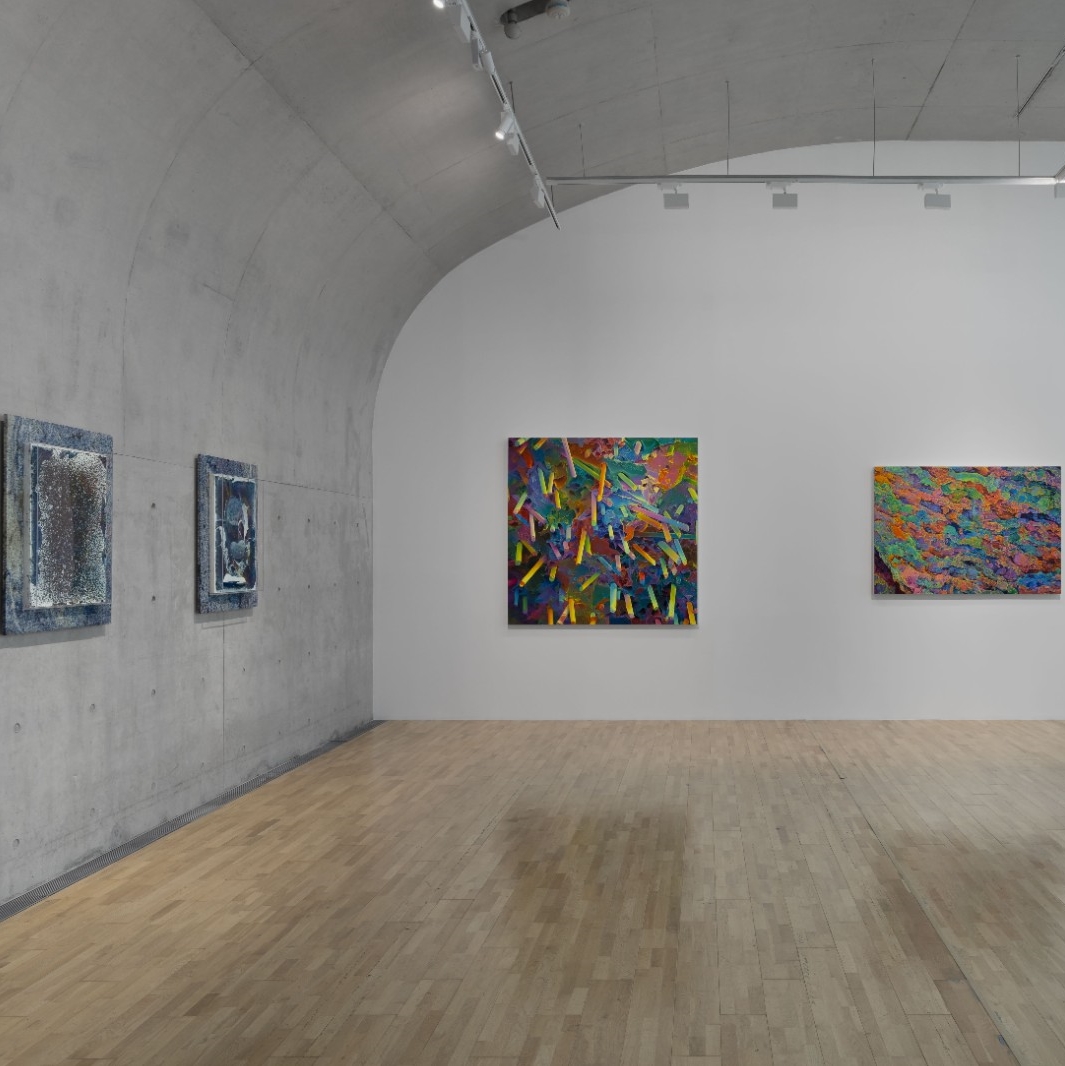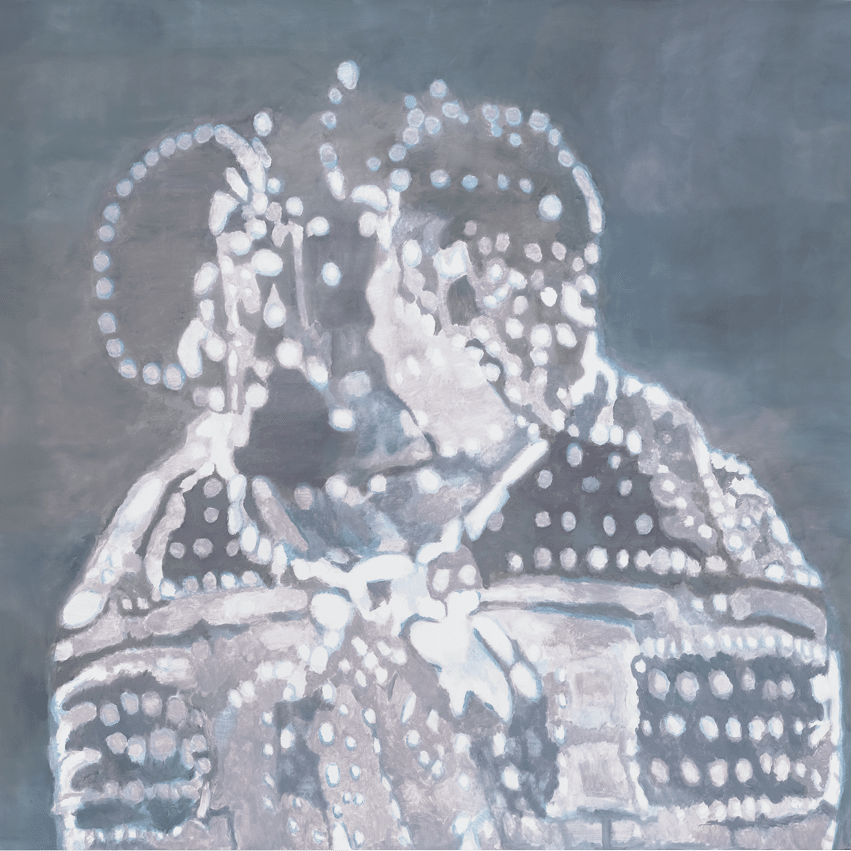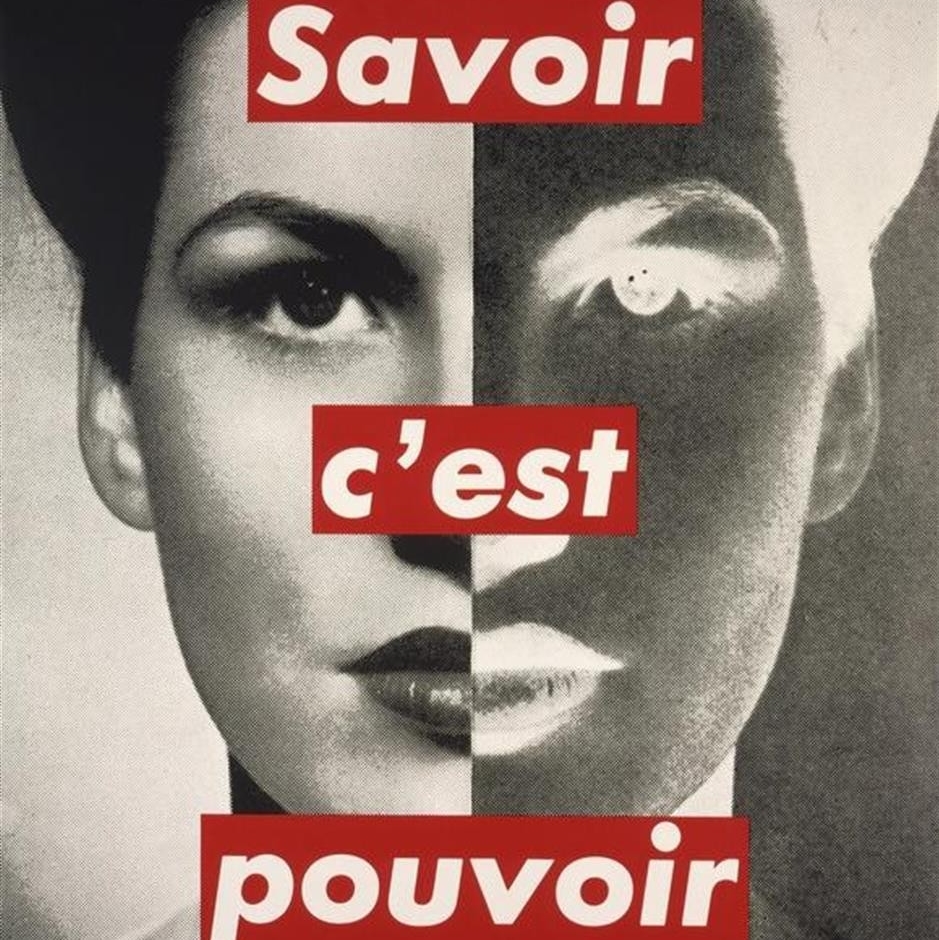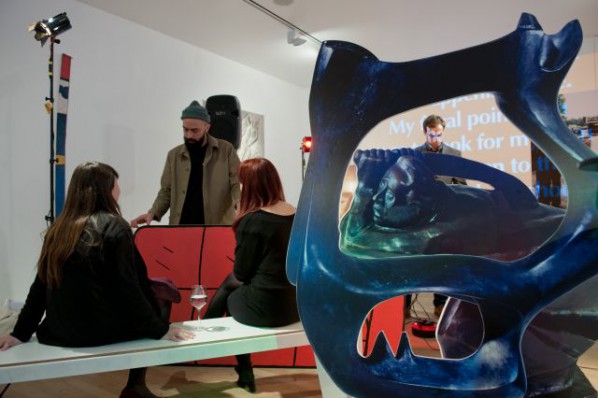
Liu Ding, Almost Avant-Garde, 2013; performance, 23’, exhibition view,
BMW Tate Live Performance Room, Tate Modern, London, May 16, 2013
Over the past two years, Beijing-based artist Liu Ding(* 1976 in Changzhou, Jiangsu Province, China) has been developing a form of art that he terms “soft performance.” The three artworks—I Simply Appear in the Company of… (2012), The Un-erasable (2012), and Almost Avant-Garde (2013)—employ three different ways of examining the relationship between artistic creation, experience, and consciousness. Liu Ding’s art explores how these relationships can be described, expressed, and understood. I Simply Appear in the Company of… is a staged dialogue between a Mr. Liu (played by Liu Ding) and two curators, about Liu’s own work. The Un-erasable features Liu again and an art researcher talking about creation and experience in a gallery, filled with objects that signify the aesthetics of art. Since the performers’ conversation is barely audible, the audience is only able to grasp fragments of it.
These two performances did not arise in isolation, they were both created for specific events: I Simply Appear in the Company of... was a spoken performance at a one-day workshop held at Tate Modern’s festival The Tanks: Art in Action (2012). The Un-erasable was shown at the 8th Taipei Biennial (2012). It was composed of two performances, one on the day before the opening, and one at the opening ceremony. To Liu Ding, soft performance is not an art form that requires strict definition. Yet compared with the tradition of performance art, which involves developing highly symbolic personas, Liu Ding’s soft performances involve Liu playing himself and relating his real thoughts, experiences, and frustrations on stage. Liu Ding’s work often features his daily surroundings and personal experiences— things that are ordinarily overlooked. By re-examining these inspirations —some of which relate to art history and the art industry—Liu Ding contemplates what “relational” means to art and reality. Instead of accepting the pre-existing roles of these aspects of art and reality, Liu Ding presents them as clues that point towards a particular truth. Clues and relationships are central concepts of Liu Ding’s work. He often describes his artistic practice as being like detective work; to investigate a crime, one must put aside personal feelings and imagine oneself in the criminal’s shoes. An investigation is also like a race against time; one must use one’s own instincts and imagination, and be responsible for unearthing the truth. All these aspects vividly illustrate the artist’s anxieties during the process of creation.
After receiving an invitation from BMW Tate Live curator Catherine Wood, Liu Ding created Almost Avant-Garde, which took place within an enclosed space, and was a live broadcast designed solely for an online audience. In this work, Liu Ding invited art professionals and friends of Tate Modern to a room decorated with cardboard reproductions of modern pieces of art from the gallery’s permanent collection. During the performance, a baroque soundtrack that undergoes subtle changes is played. The voices are just about audible in the film and so keywords from their lines are regularly superimposed on the footage. Almost Avant-Garde is about a discussion that cannot find a focus. It feels almost avant-garde; forever promising new landmarks that await us in the distant future. Almost Avant-Garde is a critique of the ambiguous and mediocre and the populist attitude they embody. Liu Ding is examining reality through a microscope, zooming in so close that situations become hard to decipher and difficult to articulate. Even though we cannot clearly describe what is happening in Almost Avant-Garde, the vivid relationships in the performance highlight the rich potential of temporality and mobility of reality itself.
Over the past few years, Liu Ding has developed rich and vibrant practices through the theoretical aspects of his extensive body of work—that of his art, curating, publishing and speeches. Within the context of the art industry in China, Liu Ding has adopted a critical approach to the history of ideas to examine and explore the probability of artistic creation in historical narration and the art system itself, repeatedly describing, judging, reflecting the relationship between creation and the value of creation with the context of surrounding creative trends. He has been invited to take part in the New Orleans Biennial in 2014, for which he plans to create another work of soft performance.
Liu Ding was born in Changzhou, Jiangsu province in 1976. He’s now based in Beijing and is both an artist and a curator. His work has been shown at a number of art institutions including the Tate Modern, Turner Contemporary, both London, UK; Arnolfini – Contemporary Arts Center, Bristol, UK; the Kunsthalle Wien, Vienna, Austria; the Astrup Fearnley Museum of Modern Art, Oslo, Norway; the São Paulo Museum of Art, São Paulo, Brazil; the ZKM, Zentrum für Kunst und Medientechnologie, Karlsruhe (ZKM), Germany; the Centre PasquArt, Biel, Switzerland; the Fondazione Sandretto Re Rebaudengo, Turin, Italy; the Seoul Museum of Art, Seoul, South Korea; the Luggage Store Gallery, San Francisco, USA; the Frye Art Museum, Seattle, USA; the Iberia Center for Contemporary Art, Beijing, China; the Museum of Contemporary Art Shanghai, China; and the Taipei Fine Arts Museum, Taipei, China. He took part in the 2012 Taipei Biennial, the exhibition at the Chinese Pavilion at the 2009 Venice Biennial, the 2008 Seoul International Media Art Biennale, and the 2005 Guangzhou Triennial. With Carol Yinghua Lu, he exhibited Little Movements: Self-Practice in Contemporary Art in September 2011 at OCT Contemporary Art Terminal, Shenzhen, China. In 2013, the work went on tour and was exhibited at MUSEION in Bolzano, Italy. In 2012, Liu Ding served as a curator of the Seventh Shenzhen Sculpture Biennale – Accidental Message: Art is not a System, not a World. Works which he has written and published include Little Movements: Self-practice in Contemporary Art (Guangxi Normal University Press, 2011), Little Movements II: Self-practice in Contemporary Art (Walther König, 2013), Accidental Message: Art is not a System, not a World (Lingnan Art Publishing House, 2012), and Individual Experience: Conversations and Narratives of Contemporary Art Practice in China from 1989 to 2000 (Lingnan Art Publishing House, 2013).
About the exhibition Duration: March 8 - April 20, 2014 Opening: Saturday, March 8, 2014; 4 - 7pm Venue: Galerie Urs MeileCourtesy of the artist and Galerie Urs Meile, for further information please visit www.galerieursmeile.com.


